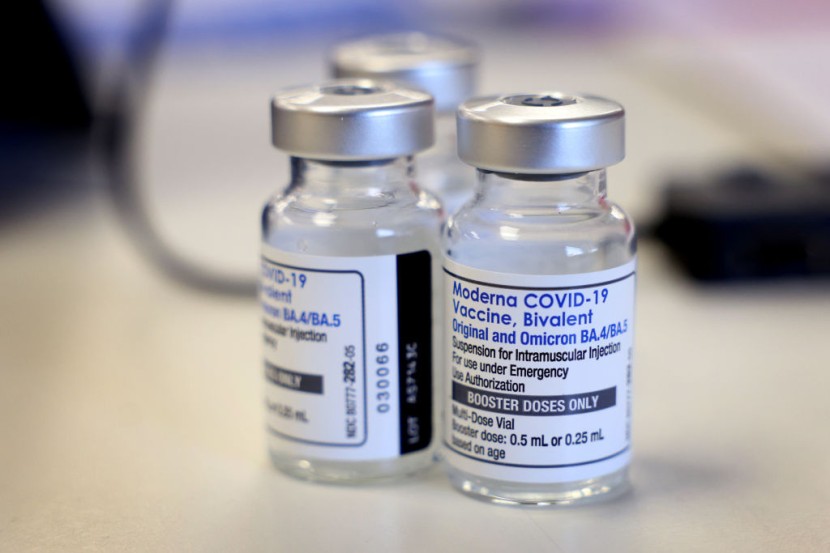
A new study by the Centers for Disease Control and Prevention (CDC) found that updated booster shots reduced the chances of contracting COVID-19 by about half.
The CDC is set to publish additional data on its website on Wednesday, which shows that people who received an updated vaccine reduced their risk of dying from the disease by nearly 13 times. This is compared to the unvaccinated population and, when compared to those with at least one monovalent vaccine and no updated booster, by roughly two times.
Bivalent Boosters Against COVID-19
Officials from the health agency said on Wednesday during a briefing that the study's new findings were "reassuring." However, only 15.3% of eligible Americans, roughly 50 million people, received the new shot that was rolled out in September last year.
The situation comes as the highly transmissible Omicron subvariant XBB.1.5, nicknamed "the Kraken" by some people, has become the dominant SARS-CoV-2 strain in the United States.
While health officials have not yet observed a catastrophic wave of infections in the United States, there is already a spike in deaths this month. Authorities revealed that an average of 564 people died from the coronavirus every day as of Jan. 18, 2023, as per Politico.
The new study, which utilized data from the national pharmacy program for COVID testing, discovered that the bivalent booster provided 48% stronger protection against symptomatic infection from the XBB and XBB.1.5 subvariants. This was among people who received the booster shot in the last two to three months and was weighed against those who only received two to four monovalent doses.
Furthermore, researchers found that updated boosters provided 52% greater protection against s symptomatic infections from the coronavirus' BA.5 subvariant. However, according to the CDC's estimates, the subvariant only accounted for roughly 2% of all cases in the United States last week.
CDC officials are warning people that the study's findings reflect a population-level rate of protection, noting that individual risk of infection could vary from person to person. On Wednesday, the study said that it was challenging to interpret the findings as an individual's risk because every person is different from one another.
Protection Against Infection
The research studied results for adults who received tests in participating pharmacies between Dec. 1, 2022, and Jan. 13, 2023. Out of the roughly 30,000 test results monitored by the researchers, 47%, or approximately 13,000, were positive for the coronavirus. According to CNN, many who tested negative were found to have received an updated bivalent booster.
A senior epidemiologist at the CDC and leading author of the latest study, Ruth Link-Gelles, said during a Wednesday news briefing that the numbers showing vaccine effectiveness were averages. He noted that several factors could affect an individual's risk of COVID-19, including underlying health, past exposure, and others.
The head of the CDC's COVID-19 response, Dr. Brendan Jackson, said that the study results were further evidence of the vaccine's efficacy against the latest COVID-19 variants, as per Yahoo News.
Related Article: FDA Proposes Major Change to Vaccine Strategy
Related Article:
© 2025 HNGN, All rights reserved. Do not reproduce without permission.








